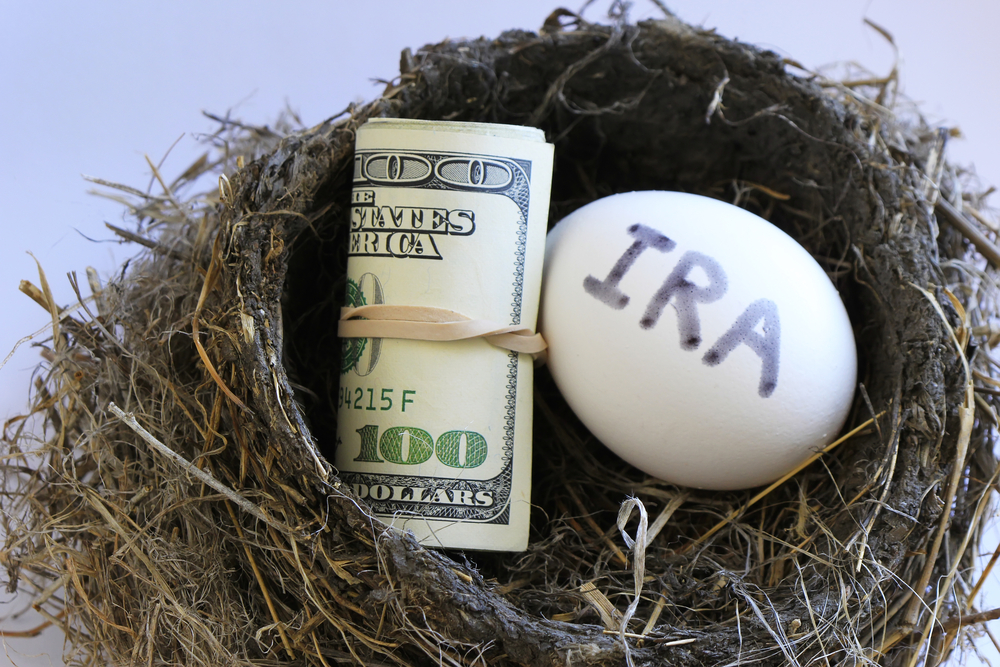Your retirement account may be your family’s most valuable asset. For many people, knowing they have a pension, 401(k), or investment portfolio to support them in their senior years is essential. If you separated from your spouse, you need to know what happens to your retirement account in a divorce.
Negotiating for Your Retirement is Always an Option
Many potential divorce clients come into their attorneys’ office worried about their future. Some may be worried that their non-working or lower-income spouse will “get” their retirement accounts and force them to keep working into old age.
North Carolina law divides a family’s assets by “equitable division.” In other words, all the family’s marital assets and debts should be divided equally unless certain factors justify one spouse receiving a larger share. While marital fault is not a factor, “equitable” does not always mean “equal.”
However, there are many ways to slice a pie. As long as each spouse receives his or her equitable portion, you and your spouse can negotiate any division of assets that makes sense to you. If your retirement assets are a top priority, your divorce attorney may be able to negotiate to protect those assets, giving your spouse other property from within the estate, like the home or bank accounts.
Is Your Retirement Account Marital Property?
- The first step to determining what will happen to your retirement account if your divorce goes to court is to establish whether that account is separate property, marital property, or divisible property.Separate Property is property that you or your spouse owned prior to the marriage, that you inherited, were given for your private use during the marriage, or that you earned after you and your spouse separated.
- Marital Property is property acquired by you or your spouse during the marriage and before separation that you still own at the time of the divorce.
- Divisible Property includes certain post-separation appreciation or decreases in marital property values, property acquired post-separation based on either spouse’s efforts during the marriage, passive income from marital property, or interest on debts or dividends that accumulate post-separation.
When it comes to retirement assets, your separate property might include a rollover IRA or a 401(k) from a job you held prior to the marriage. However, most retirement assets are marital property, especially in long-term marriages. The Court can divide:
- A pension that vested during the marriage
- 401(k) or 403(b) accounts that were contributed to during the marriage
- Investment accounts or health savings accounts created after separation using pre-separation money
That’s why it is important to keep statements for each retirement account, especially those covering the date of your marriage and when you separated. Changes in the value of your retirement portfolio during your separation could be considered divisible property if they were earned before separation but paid afterward, if the investments increased in value during your separation, or if a party actively contributed to the account post-separation.
How Can a Pension Benefit Be Divided?
Pensions do not have a set balance, like a 401(k) or IRA. Instead, they guarantee you will receive a set amount of money every month until you die. Dividing up a pension often involves splitting that monthly benefit between the parties. However, there are many factors to consider in determining the equitable division of a pension. Your divorce attorney will need to establish:
- Your life expectancy based on actuarial tables
- What choices you can still make that will affect the pension’s value
- Whether your spouse will be entitled to any benefits after your death
- Whether your benefits transfer to a new spouse if you remarry
- What the present value of the pension is (based on investment projections)
How Retirement Accounts are Divided in North Carolina Courts
If you and your spouse cannot agree on an equitable division of property, your divorce will go to trial. At that point, your retirement assets will be treated the same as all the rest of your real and personal property. The judge will determine whether it is separate or marital property, place a value on it, and then divide it equitably between you and your spouse.
Taking property division to trial means the Judge will determine how the retirement assets are divided. However, it may be appropriate where you and your spouse can’t agree on the pre-marital portion, or where there are difficult decisions to be made about family debts, for example. Be sure to discuss your trial strategy with your divorce attorney early to determine if it is better to negotiate a settlement and avoid putting your retirement accounts in the judge’s hands. Even if you and your spouse agree on how you are going to divide your 401(k), a Judge must sign off on a Qualified Domestic Relations Order (QDRO) in order for those assets to be divided.
Protect Your Retirement Assets During Divorce
At Cox Law Firm, we understand how important your retirement can be and the complexities in determining passive and active appreciation and QDROs. Overlooking these factors could cost you thousands and sometimes hundreds of thousands of dollars in your retirement income. Our divorce attorneys understand how hard it can be to reach an equitable property division that protects your family nest egg. We will advocate on your behalf, putting your priorities first. If you are ready to get started, please get in touch with the Cox Law Firm by calling 704-243-9693 or visiting our Contact Page.




